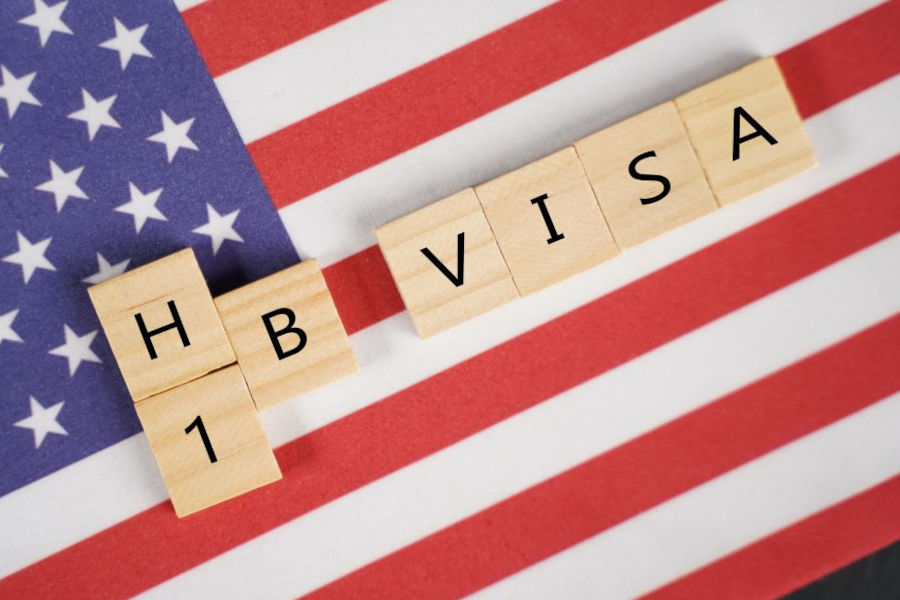It is not uncommon for individuals to use the terms “visa” and “status” interchangeably, or to use them together to discuss one’s status as a U.S. visitor or resident. Yet, the two terms refer to different things.
According to the University of Michigan Student Life International Center, a “visa” refers to a sticker in your passport. You can have multiple visas that vary depending on the nature and extent of your visits. However, you can only have one “status,” which refers to your formal U.S. immigration classification. You can find your status on your I-94 record. While a visa can expire, a status cannot.
Common immigration statuses
The U.S. recognizes dozens of different statuses for immigrants. However, also per the U of M Student Life International Center, most statuses generally fall into one of three categories:
- Immigrant statuses: The U.S. grants immigrant status to individuals who migrate to the U.S. with the intent to reside in the country permanently. Ultimately, visitors on immigrant status hope to obtain their green cards.
- Non-immigrant statuses: The majority of visitors with visas possess non-immigrant status. Non-immigrant status indicates that a visitor intends to leave the U.S. after fulfilling his or her intentions in the country. To obtain non-immigrant status, Immigration and Customs Enforcement may require visitors to present documentation of their intended activity and departure date. Statuses that fall into this group include F, J, B and TN statuses.
- Dual intent statuses: The U.S. does allow for hybrid statuses, such as H-1B status, that are ideal for visitors who intend to eventually become residents. With H-1B status, the risk of penalization for a visitor’s intent to remain in the U.S. is minimal. An example of an individual who may benefit from a hybrid status is the beneficiary of a pending green card application.
Processes for obtaining status vary
It is important that individuals correctly identify which category of status they fall into, as the processes for obtaining each type of status vary greatly. Not only does each status come with its own qualifying criteria but also, the criteria of differing statuses may directly contradict each other. For instance, one status may require something of an individual, while another may prohibit said requirement.










